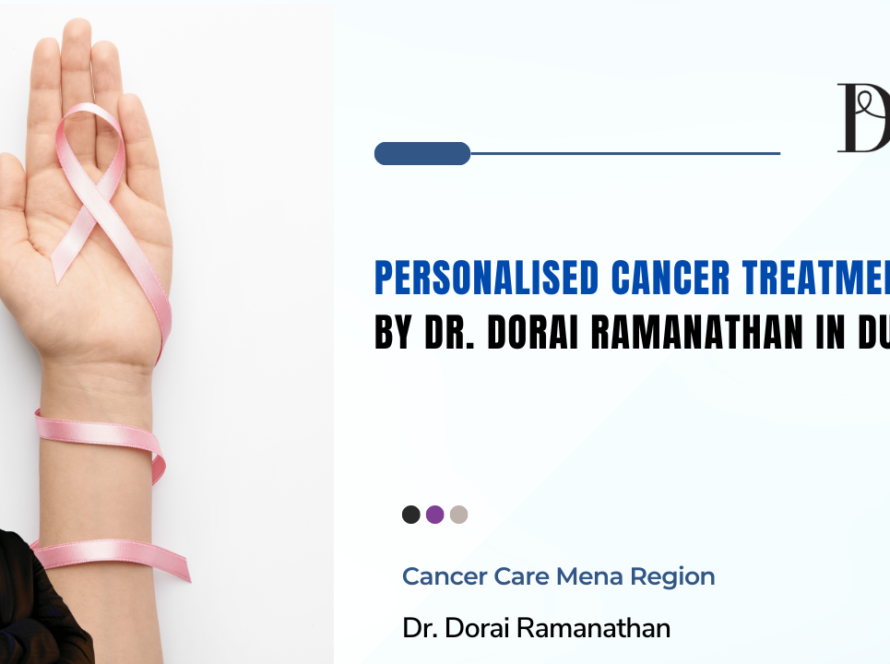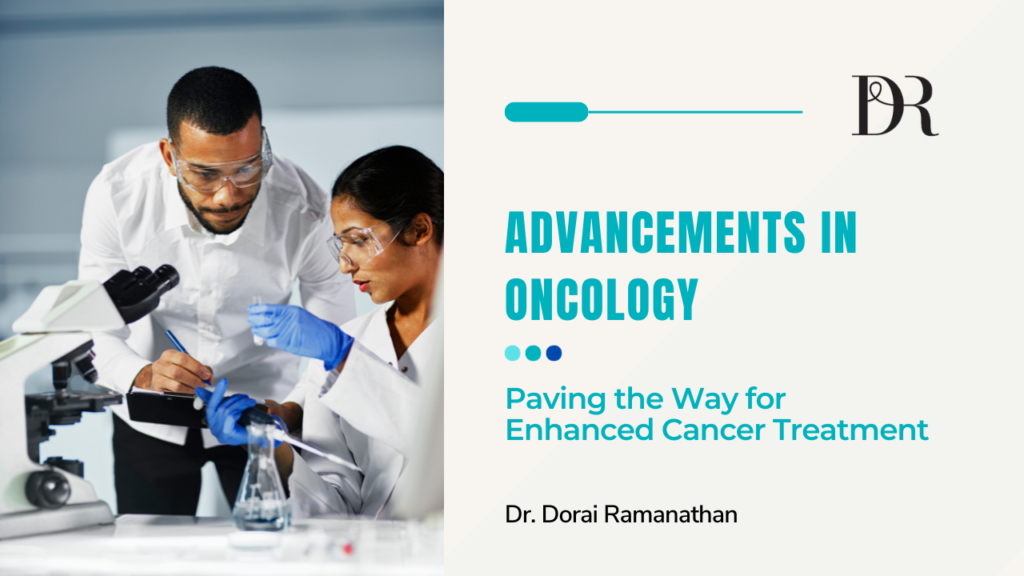
Oncology, the dedicated field of cancer research and treatment, is experiencing a rapid evolution with new breakthroughs and treatments emerging constantly. Here, we delve into some of the latest developments that are shaping the future of cancer care, offering new hope for patients battling this complex disease.
Immunotherapy Takes the Lead
Immunotherapy, once considered experimental, has now become a cornerstone of cancer treatment. It’s no longer the “new kid on the block” but a standard option for a growing range of cancers. Researchers are focusing on refining immunotherapy approaches, seeking solutions for treatment resistance, and gaining deeper insights into how cancer cells evade or suppress immune responses.
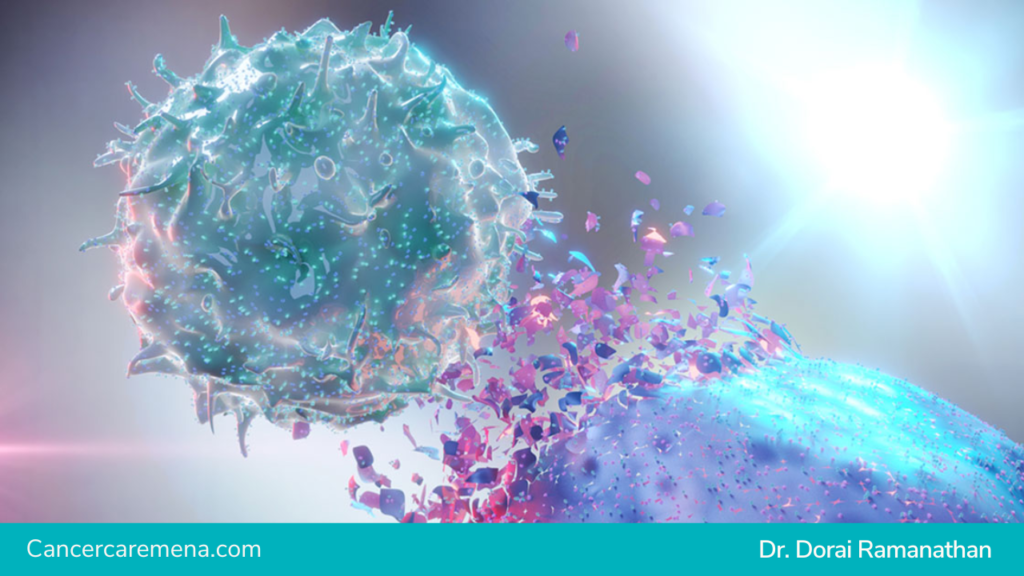
Particularly promising is the application of immunotherapy before surgery in individuals with locally advanced cancers, known as neoadjuvant treatment. This approach aims to shrink tumors before surgical intervention, potentially improving surgical outcomes and overall treatment effectiveness.
Precision Oral Cancer Treatment
A groundbreaking oral cancer treatment has emerged, demonstrating the ability to selectively target and destroy cancer cells while leaving healthy cells unharmed. This innovative drug disrupts the replication cycle of cancer cells and, notably, appears to produce no discernible side effects. Such precision treatments offer new hope for patients, minimizing the often debilitating side effects associated with traditional therapies.
Reviving Abandoned Chemotherapy
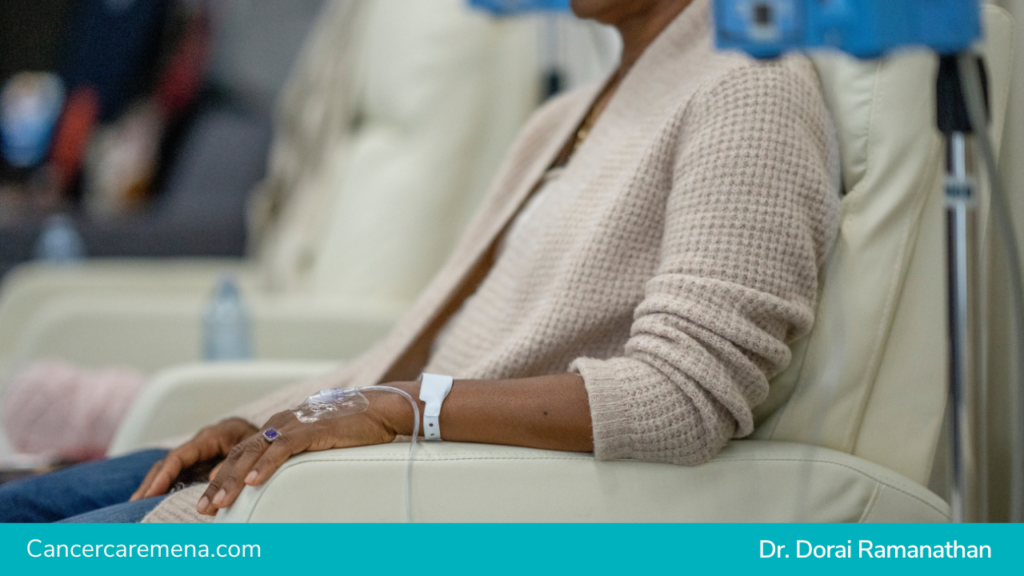
In a remarkable turn of events, scientists have revived an abandoned chemotherapy drug by redesigning it. This modified drug addresses the issues of gut tissue damage associated with its previous form. Even more promising, this revamped chemotherapy not only lessens harm to healthy tissues but also enhances the immune system’s ability to combat cancer cells, reducing the risk of tumor recurrence.
Unraveling the Cancer-Diabetes Connection
A recent study unveiled an intriguing link between cancer and type 2 diabetes. Approximately half of cancer patients reported developing new-onset type 2 diabetes following cancer diagnosis and treatment. Shared risk factors, such as advanced age, obesity, and smoking, contribute to the development of both conditions. Understanding this connection provides valuable insights into managing and preventing these health challenges.
The Role of Molecular Pathology
Molecular pathology has become indispensable in cancer diagnosis, prognosis, and treatment planning. It goes beyond traditional methods, allowing for a deeper understanding of tumor biology at the molecular level. To harness the full potential of next-generation sequencing (NGS)-driven therapies, interdisciplinary teams form molecular tumor boards (MTBs). These boards offer expertise in evaluating patients with advanced cancer, guiding personalized treatment decisions based on genetic alterations.
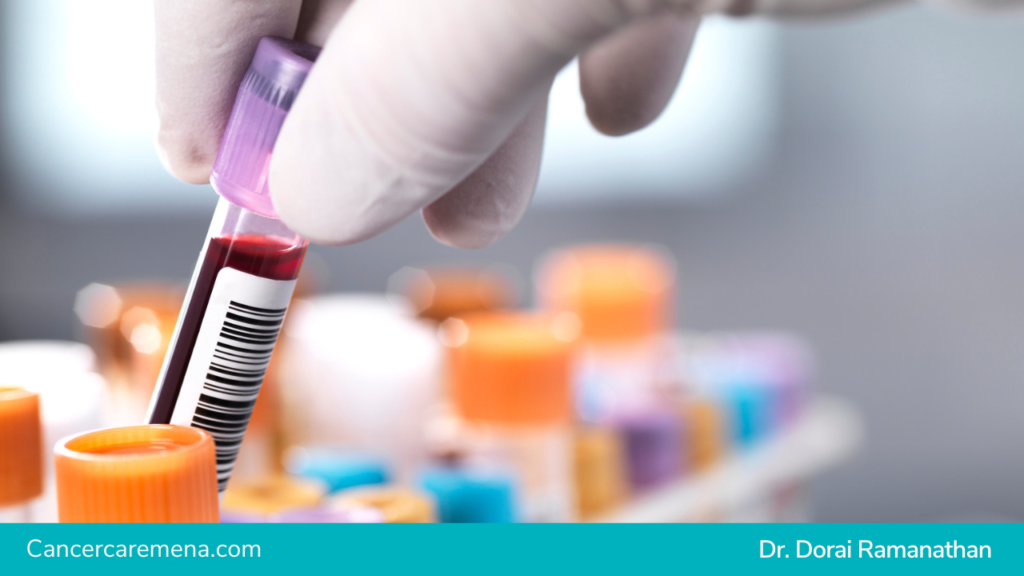
While these developments hold immense promise, it’s important to note that further research is needed to confirm their safety and effectiveness in real-world patient settings. If you or someone you know is facing cancer, consulting with a healthcare professional is crucial to explore the most suitable treatment options. Staying informed about the latest breakthroughs in oncology is essential in the ongoing fight against cancer, offering newfound hope and improved outcomes for patients.



